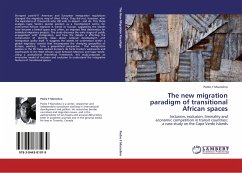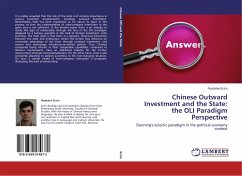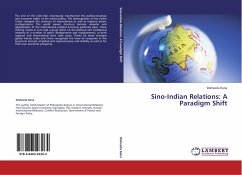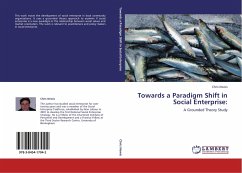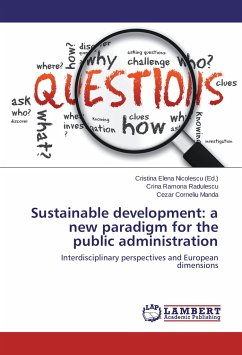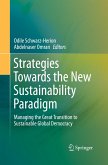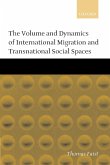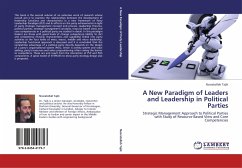Stringent post-9/11 American and European immigration regulations changed the migratory map of West Africa. They did not, however, alter the aspirations of thousands who still wish to depart - and do. This thesis analyses Cape Verde s pivotal position as a transhipment centre for continental African migrants in transit to Europe, suggesting the islands have become a liminal space and, often, an imposed final destination for individual migratory projects. The study discusses the early stages of public engagement with immigration, and how the debate is affecting the construction of identity, ideas about national development, and immigration policy itself. It suggests the islands be understood within a global migratory context that encompasses the changing geopolitics of Europe, positing - from a geopolitical perspective - that immigration policies in the EU have pushed Europe's de facto borders westwards and southwards to the West African coast between Morocco and Cape Verde. Usinga postcolonial theoretical framework, this study proposes an innovative model of inclusion and exclusion to understand the integrative features of transitional spaces.
Bitte wählen Sie Ihr Anliegen aus.
Rechnungen
Retourenschein anfordern
Bestellstatus
Storno

